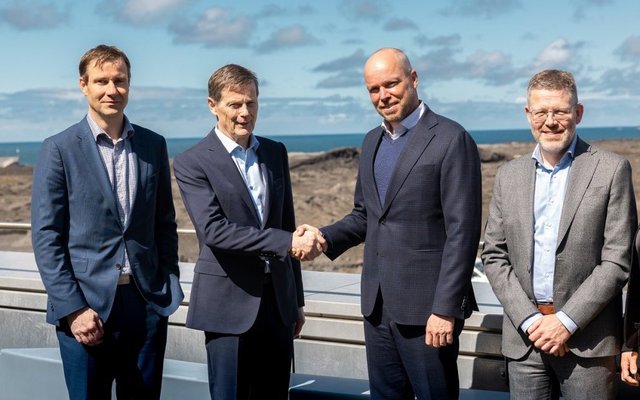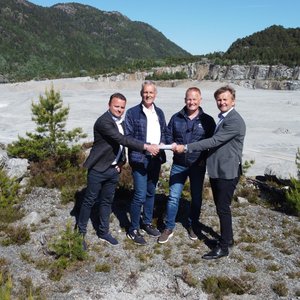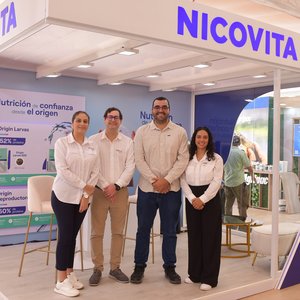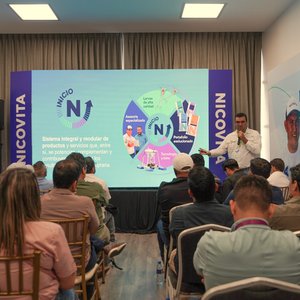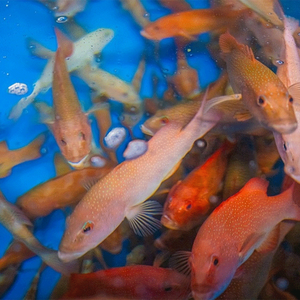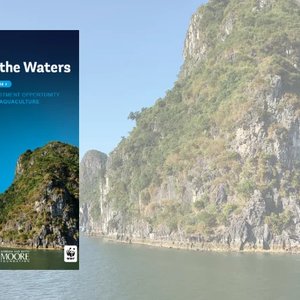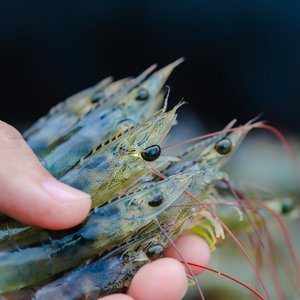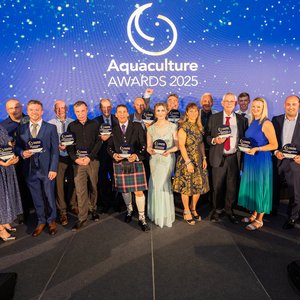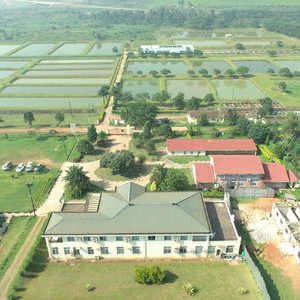Samherji fiskeldi ehf. signed an agreement with HS Orka for the development of land-based salmon farming in the Resource Park by the Reykjanes Power Plant in Iceland. The goal is to produce a wholesome quality product with a low ecological footprint. The company has secured access to sea and electricity to produce up to 40,000 tons of salmon on land annually. Warm seawater will be used in the production with a resource stream from the cooling of the Reykjanes Power Plant.
The company plans to build land-based salmon farming facilities with the capacity to produce up to 40,000 tons of salmon in three phases over the next eleven years. The land-based salmon farm will be located by the Reykjanes Power Plant and will consist of a hatchery, an ongrowing farm, a processing house and service buildings. The total investment is estimated at over ISK 45 billion.
Jón Kjartan Jónsson, managing director of Samherji fiskeldi, said that “the management and staff of Samherji fiskeldi have worked hard on this project in Reykjanes for almost a year. It is a big step for us to finalize these agreements and be able to start building the project. We have achieved good results in aquaculture on land, and this investment reflects the confidence we have in the continued growth of this industry. We are excited to build in this area and enjoy the benefits of close proximity to HS Orka and the Reykjanes Power Plant. In this area, there are some of the best conditions for aquaculture we have seen. The utilization of warm seawater flowing from HS Orka's power plant is a major factor in making this project feasible. Not least, this is a very environmentally friendly production which the market is demanding.”


